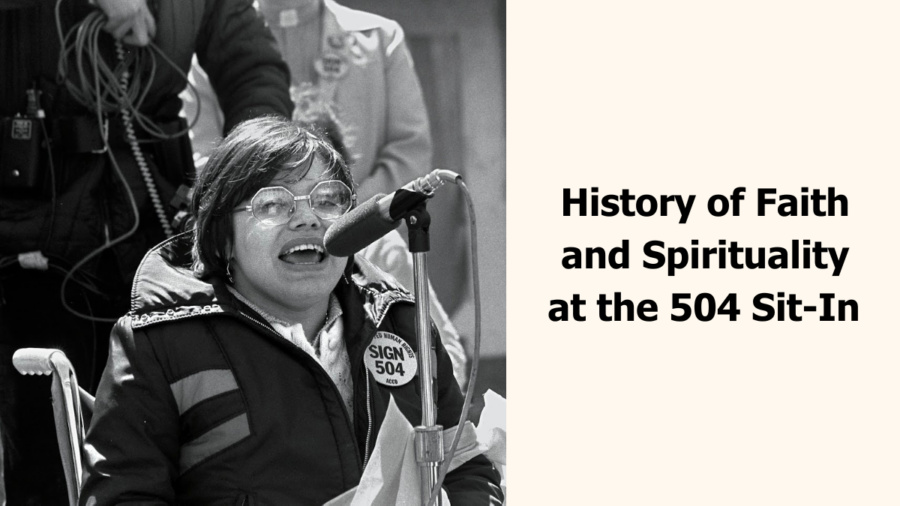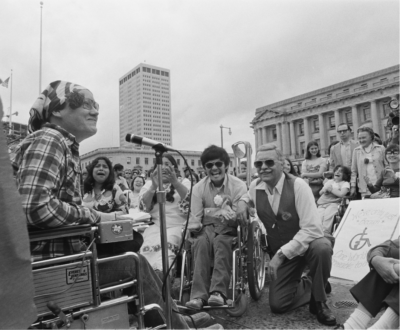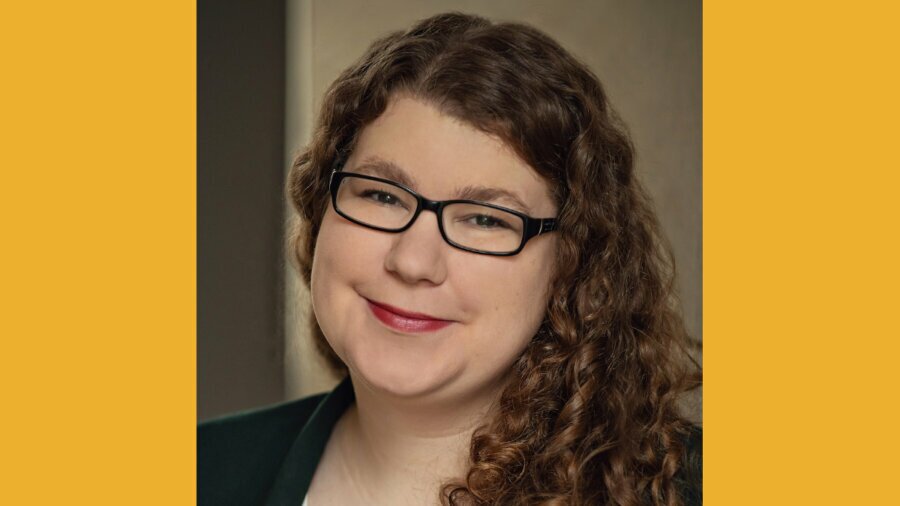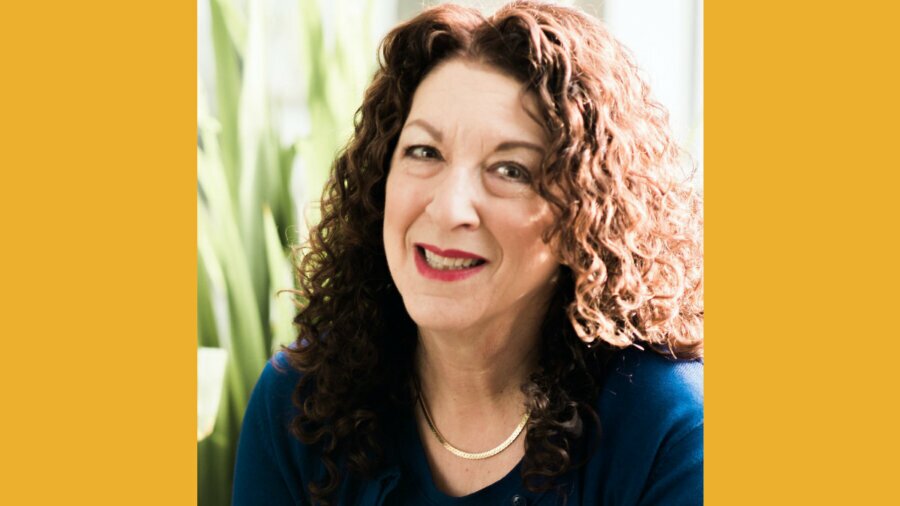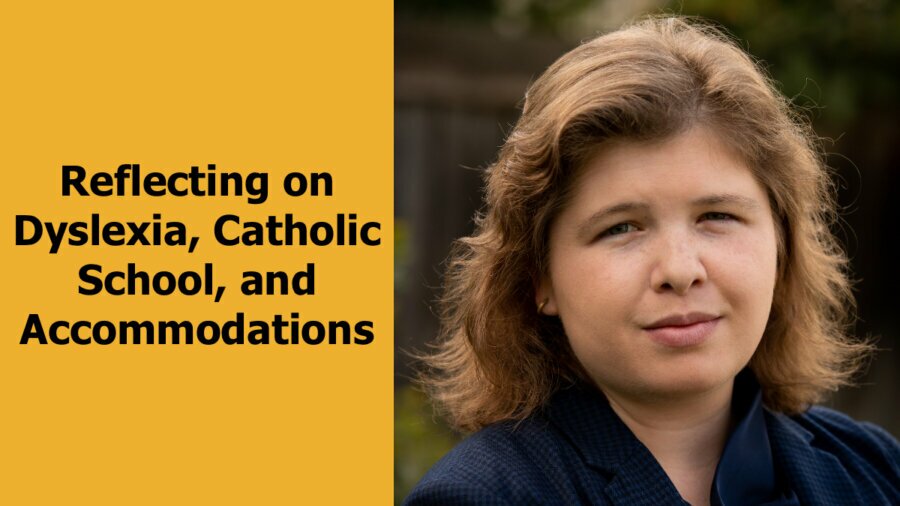
Theresa Soares
In celebration of our newsletter edition on disability and religious education, my colleagues, Shelly Christensen and Ben Bond, invited me to share a brief reflection on my own personal experience, from being a young Catholic with a reading disability in both public and private school, and through my journey of becoming an advocate for disability inclusion in college and now into my career. This opportunity to share my story among our community is not only a privilege, but also a beautiful reflection of the strong culture of belonging that is at the core of our work at RespectAbility. I’m grateful to my colleagues for their invitation and am happy to share my story with you in this special newsletter.
My story begins as a kid growing up in the occasionally sunny, but more often foggy, beachside town of Pacific Grove, California. I had the opportunity to attend public elementary school where I first experienced difficulties learning to read. This challenge came as a surprise to my teachers and family who had otherwise observed that although I was struggling to read, I was bright and enthusiastic about learning, especially having displayed an expansive vocabulary and conversational aptitude for a young person. Through early intervention and the support of my teachers, I was tested through my district, and diagnosed with dyslexia. With the diagnosis came the opportunity to have accommodations and support services for my disability which I desperately needed in order to learn to read and write at grade level and keep up with my peers. School was challenging, and as a young student I remember long hours at the kitchen table after school, struggling to read through my homework, sometimes, I would close my eyes and imagine as a youngster, a place where reading wasn’t so challenging, where I could read like the other kids. [continue reading…]
 Every year on the 15th day of the Hebrew month of Nissan (April 22 on the Gregorian calendar this year) Jewish people celebrate Passover. We gather at homes and synagogues for the first of two seders. The Haggadah includes the order of the rituals, blessings, songs, and readings. It even tells when to eat the seder meal.
Every year on the 15th day of the Hebrew month of Nissan (April 22 on the Gregorian calendar this year) Jewish people celebrate Passover. We gather at homes and synagogues for the first of two seders. The Haggadah includes the order of the rituals, blessings, songs, and readings. It even tells when to eat the seder meal.


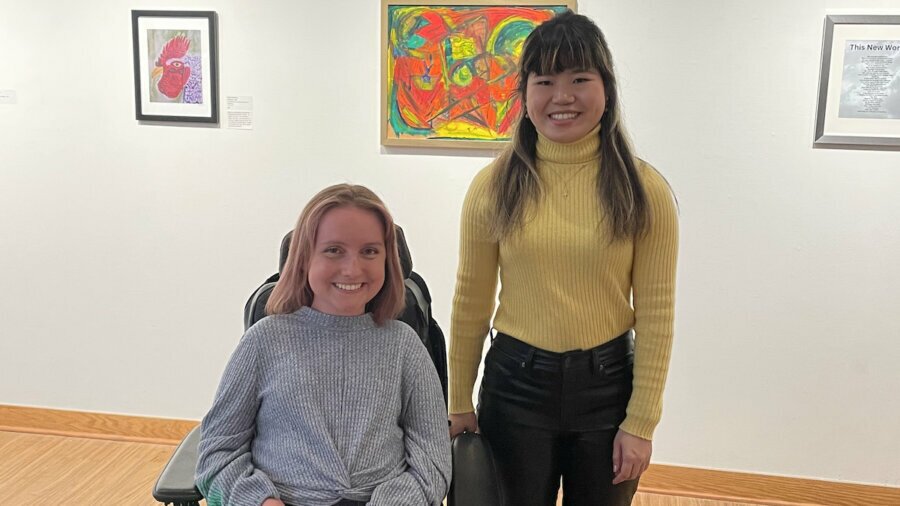
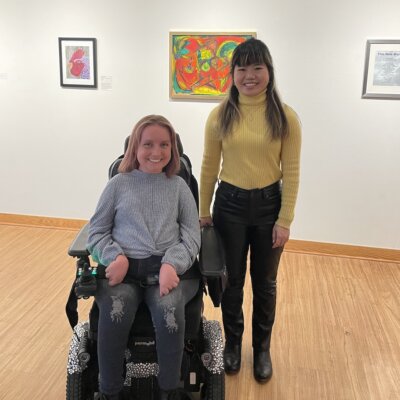
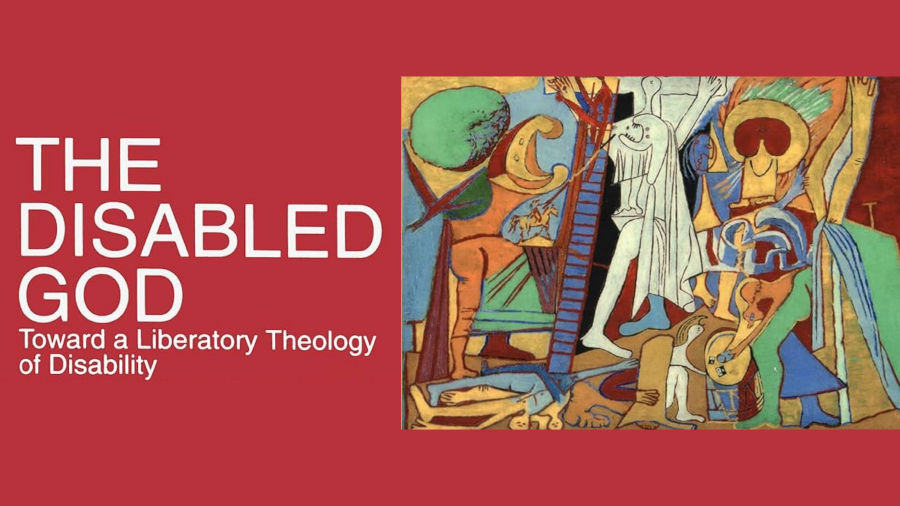
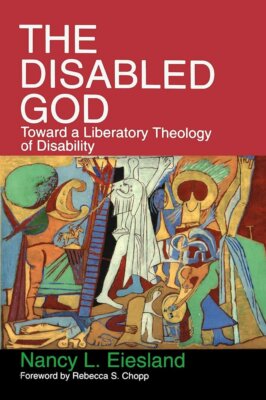
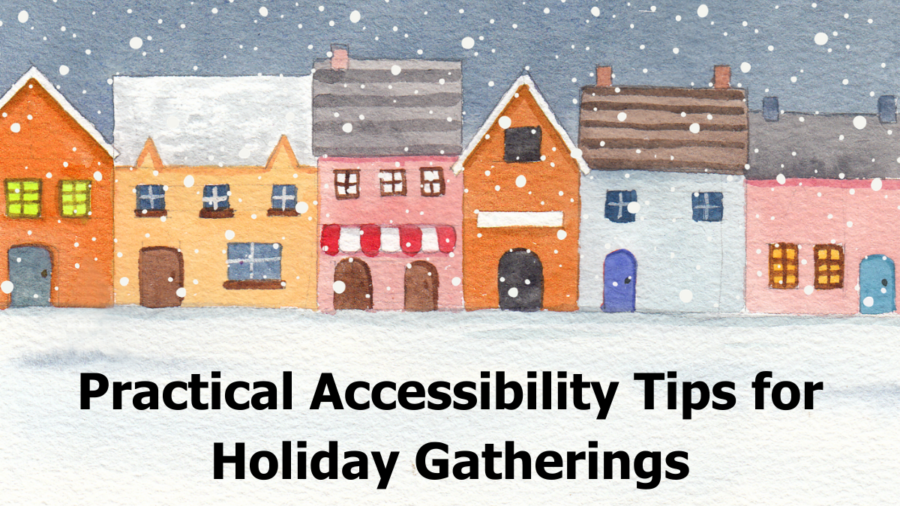
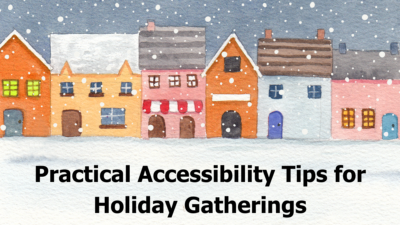 The holiday season is right around the corner, meaning we must start preparing ways to make it fun and accessible for all. The best way to make it enjoyable for everyone is to ensure everyone who attends the holiday celebration is included!
The holiday season is right around the corner, meaning we must start preparing ways to make it fun and accessible for all. The best way to make it enjoyable for everyone is to ensure everyone who attends the holiday celebration is included!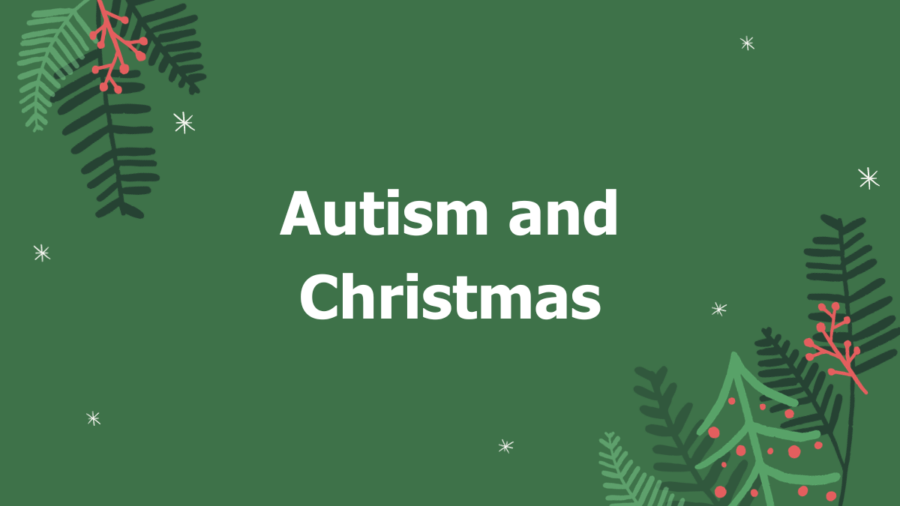
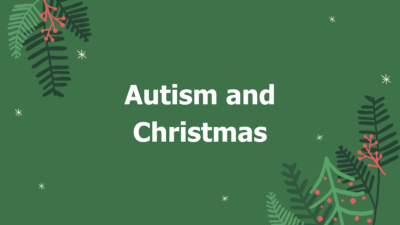 Many holidays are filled with expectations—rules about how to look and act that everyone seems to just know, everyone except for me. At least, this is how I have often felt as a high-masking and late-diagnosed/discovered Autistic person. Christmas has always been one of my favorite holidays, but it has also been one of the most challenging. I was raised Roman Catholic; when the Advent wreath was placed on my church’s altar, I knew that the most wonderful time of the year was finally here! The weeks leading up to Christmas were much better than the holiday itself, but I have only recently begun to understand why the majority of my childhood Christmases ended with me in tears. Growing up, my neurodivergence was undetected and misunderstood. This resulted in a lack of adequate support and accommodations, which made special occasions, like Christmas, especially difficult for me.
Many holidays are filled with expectations—rules about how to look and act that everyone seems to just know, everyone except for me. At least, this is how I have often felt as a high-masking and late-diagnosed/discovered Autistic person. Christmas has always been one of my favorite holidays, but it has also been one of the most challenging. I was raised Roman Catholic; when the Advent wreath was placed on my church’s altar, I knew that the most wonderful time of the year was finally here! The weeks leading up to Christmas were much better than the holiday itself, but I have only recently begun to understand why the majority of my childhood Christmases ended with me in tears. Growing up, my neurodivergence was undetected and misunderstood. This resulted in a lack of adequate support and accommodations, which made special occasions, like Christmas, especially difficult for me. 
 December religious holidays and celebrations are natural opportunities for houses of worship to embrace practices that welcome and support people with disabilities in all aspects of the community. One of the most common questions we get is, “Our congregation wants to include disabled people, but where do we begin?”
December religious holidays and celebrations are natural opportunities for houses of worship to embrace practices that welcome and support people with disabilities in all aspects of the community. One of the most common questions we get is, “Our congregation wants to include disabled people, but where do we begin?”